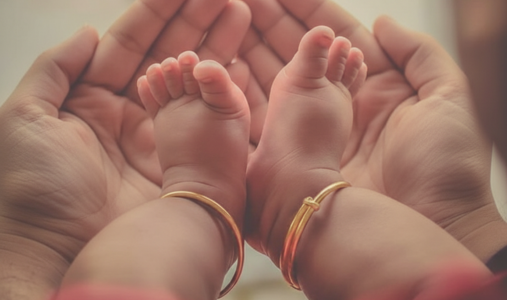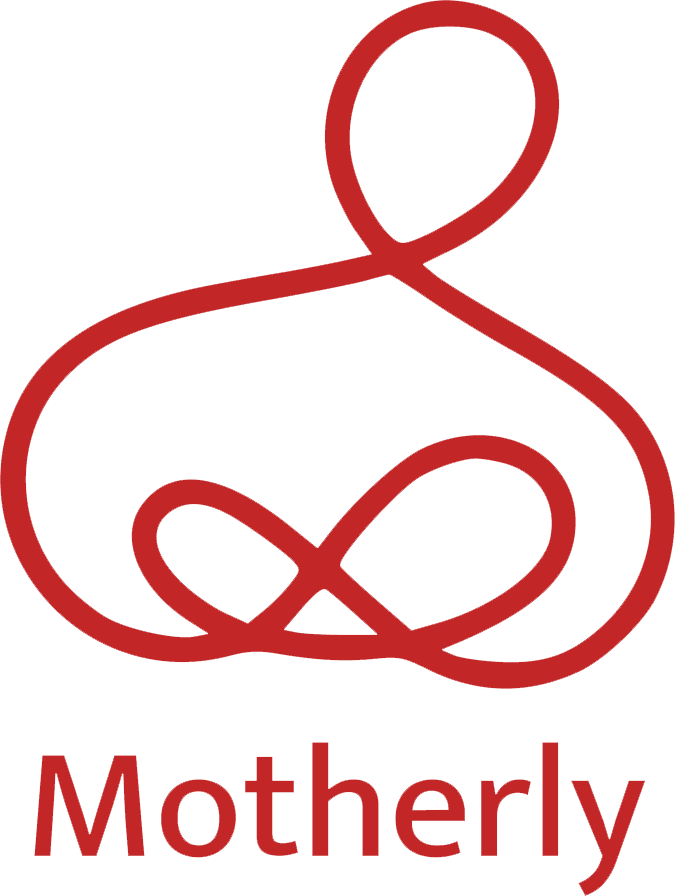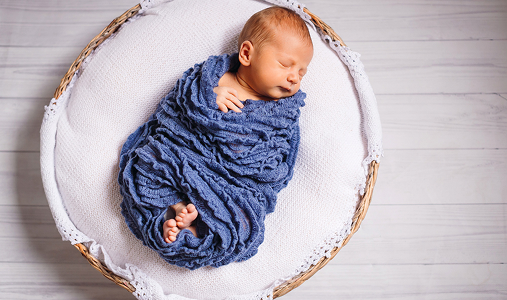What Is a Mother?

Mother : The Soul, Science, and Strength Behind the Word That Created the World
There are some words that carry the weight of the entire universe.
“Mother” is one of them.
Across languages, cultures, and centuries, “Ma” is often a child’s first sound — not just because it’s easy to pronounce, but because it feels natural, primal, and deeply instinctive. Linguists say that “Ma” is among the earliest phonetic sounds babies form, created when lips first meet — a gesture of comfort, closeness, and need.
But beyond language, motherhood is an emotion that begins long before birth and lasts long after life. It is not defined merely by biology, but by a boundless capacity to nurture, protect, and love — even when it hurts.
1. The Biological Miracle — How a Mother’s Body Becomes Two
A mother’s body is nature’s most extraordinary creation.
Science reveals that during pregnancy, the mother and child are biologically intertwined in ways far beyond imagination.
Microchimerism: Scientists have discovered that a baby’s cells remain inside the mother’s body for decades, even after birth. These tiny cells travel through her bloodstream and integrate into her tissues — particularly her heart and brain. In a way, she literally carries her child within her, forever.
Neuroplasticity of Love: The mother’s brain rewires during pregnancy and postpartum. Areas responsible for empathy, memory, and emotional regulation expand. Studies show that even hearing her baby’s cry activates the same brain circuits as physical pain — that’s how deeply connected they are.
The Hormonal Symphony:
- Oxytocin, the “love hormone,” surges during childbirth and breastfeeding, creating attachment.
- Prolactin enhances nurturing instincts.
- Endorphins provide resilience during sleepless nights and physical exhaustion.
A mother doesn’t just grow a child in her womb — she grows a new version of herself in her heart.
2. The Psychology of a Mother’s Love
Every human’s first experience of love, safety, and identity is shaped by their mother. Psychologists like John Bowlby and Mary Ainsworth developed Attachment Theory, showing how a child’s bond with the mother forms the foundation of all future relationships.
When a mother picks up her crying child, the child learns: I am seen. I matter. I am safe.
When she comforts, listens, and holds space, she teaches emotional regulation — long before the child learns language.
Her arms are the first classroom of emotional intelligence.
But motherhood is not only about giving love — it’s about learning balance.
Many mothers silently struggle with guilt, anxiety, and identity loss. Modern research on “emotional labor” and “the invisible mental load” reveals how mothers often carry the weight of planning, worrying, and anticipating everyone’s needs — even when society calls it “natural.”
Motherhood, therefore, is not instinct alone — it is infinite emotional intellEvery civilization, from the dawn of time, has recognized the mother as the origin of creation and the keeper of compassion. Though expressions differ, the essence remains the same — a mother is the living embodiment of nurturing energy.
3. The Archetype of Mother Across Cultures
Every civilization has worshiped motherhood — because she represents both creation and compassion.
Hinduism: The Divine Feminine
In Hinduism, the mother is revered as Shakti — the cosmic energy that creates, protects, and transforms.
- Parvati represents unconditional love and patience.
- Durga stands for fierce protection and inner strength.
- Yashoda, though not Krishna’s biological mother, shows that motherhood is defined by love, not lineage.
“Maa” is both strength and softness — the universe’s balance in human form.
Christianity: The Sacred Motherhood of Mary
Mother Mary’s love is eternal — her quiet acceptance, her tears beneath the cross, and her unwavering faith symbolize selfless sacrifice. She is revered not just as Jesus’ mother but as a universal symbol of grace and forgiveness.
Islam: The Door to Paradise
Prophet Muhammad (PBUH) said, “Paradise lies at the feet of your mother.”
In Islam, a mother’s prayers are believed to hold divine weight, and her care is considered one of the highest forms of worship.
African & Indigenous Beliefs: The Earth Mother
In many African, Native American, and Aboriginal cultures, the Earth itself is seen as “The Great Mother” — provider of food, water, and shelter. The land is sacred, not owned — because it is “Mother.”
This reverence teaches humanity to live in balance with nature — to take only what we need and give back what we can.
Buddhism: Compassion as Motherhood
Buddhist teachings say: “All beings have been our mothers in some lifetime.”
It reminds us that every act of kindness is a form of mothering — a reflection of infinite compassion that transcends one lifetime or body.
Greek Mythology: Gaia and Demeter
- Gaia, the Earth Mother, was the first deity — the womb of all creation.
- Demeter, goddess of harvest, symbolizes a mother’s enduring sorrow and renewal through the story of her daughter Persephone.
These myths reflect how deeply ancient societies associated motherhood with fertility, cycles, and resurrection.
Japanese Shintoism: Amaterasu, the Sun Goddess
Amaterasu represents the divine light of care — her warmth sustains life, her withdrawal brings darkness. The Sun Mother teaches balance: a mother nurtures, but also restores herself.
Celtic & Norse Traditions: The Triple Goddess
Represented as Maiden, Mother, and Crone, this trinity symbolizes the stages of womanhood — birth, creation, and wisdom. The “Mother” phase represents abundance, fertility, and unconditional protection.
4. The Many Types of Mothers
Not every mother is born through childbirth — but every mother gives birth to love, courage, and belonging.
Modern motherhood wears many faces, each one equally sacred.
- Biological Mother
She carries a child within her body — the bridge between creation and consciousness. Her heartbeat becomes the first lullaby of existence.
- Adoptive Mother
She chooses motherhood not by chance but by choice — proving that love can be stronger than blood. She gives a home to a soul, not just a surname.
- Foster Mother
She opens her home to a child in need of warmth, providing temporary love that leaves a permanent mark. Her care heals invisible wounds.
- Step-Mother
She enters a child’s life with courage, often walking on fragile bridges of trust — building connection through time, patience, and quiet love.
- Surrogate Mother
She lends her body to carry another’s dream. Science may define it as medical, but emotionally it is sacred. A surrogate mother embodies selflessness — becoming the vessel of someone else’s hope.
“She gives life she may never hold — and that makes her divine.”
- Single Mother
She stands as both sun and moon — raising her child with dual strength. She may walk alone, but never without purpose. Her love becomes the family’s foundation and its light.
- Grandmother as Mother
When time turns full circle, and the nurturer becomes the nurtured again — grandmothers step in with stories, patience, and love that transcends generations.
- Spiritual or Divine Mother
Some mothers nurture not through care, but through guidance. A guru, mentor, or elder who mothers souls — awakening wisdom, not just survival.
- Lesbian Mother
Love knows no gender. A lesbian mother teaches her child that family is built on acceptance and truth, not conformity. Studies show children raised in same-sex families grow with equal — often stronger — empathy and emotional intelligence.
- Bisexual Mother
Balancing her identity and her motherhood, she represents courage and authenticity. Her presence teaches children that love wears many shades, and that being real is the purest form of parenting.
- Transgender Mother
A transgender woman who becomes a mother — through adoption, surrogacy, or emotional caregiving — breaks barriers of what society once defined as “normal.”
She embodies transformation in its truest sense: rebirth, love, and belonging beyond biology.
“To mother is not to have a womb — it is to have a world within your heart.”
- Mother Figures and Mentors
Teachers, nurses, friends, and even strangers who show kindness and guidance when we need it most — they too mother us in moments that shape who we become.
- Community Mothers
From social workers to nannies, from caregivers to women in support shelters — these are the unsung mothers who hold together the social fabric with invisible threads of care.
In the end, motherhood has no singular face, shape, or gender.
It is a force — divine, human, and infinite.
“Whether she carried you in her womb, in her arms, or in her prayers — she is still your mother.”
5. The Evolutionary & Social Science of Motherhood
Anthropologists say humanity evolved because of cooperative mothering.
In early tribes, women cared for each other’s children, ensuring survival. This instinct to nurture beyond one’s own offspring shaped empathy — the very emotion that makes us human.
Even in modern neuroscience, empathy circuits are strongest in those who’ve cared for others — proving that nurturing transforms the nurturer too.
Sociologists also note that societies that support mothers — with healthcare, rest, emotional recognition, and equal parenting roles — show higher happiness indexes and stronger emotional stability in children.
6. Beyond Biology — The Universal Mother Within
Every person carries a trace of the “mother” within.
It’s the instinct to protect the fragile, to heal, to comfort, to listen. Whether you are a father, teacher, friend, or caregiver — the moment you show compassion, you awaken the mother archetype within you.
Even artists, healers, and leaders often channel “maternal energy” — the urge to create and care.
“Motherhood is not just the act of giving birth.
It’s the art of giving life — again and again — through love.”
7. The Unseen Side: Motherhood and Mental Health
While we glorify motherhood, we rarely speak of its emotional storms.
Research shows that up to 20% of new mothers experience postpartum depression, and many more struggle with anxiety, sleep deprivation, and loneliness.
Motherhood demands support — not perfection.
Every mother deserves to be mothered too.
That means community care, empathetic partners, counseling, and rest.
A mother’s strength doesn’t come from never breaking.
It comes from breaking and still choosing love every single day.
8. Final Words: The Quiet Heroism of Every Mother
From the woman who gives birth to the one who gives direction,
from the mother who holds a newborn to the one who lets her grown child go — each carries a form of sacred surrender.
Every “goodnight,” every “be careful,” every “did you eat?” — is a prayer disguised as habit.
Her love is not loud — it’s rhythmic, like a heartbeat in the background of our lives.
You may outgrow her lap, but never her prayers.
“A mother doesn’t create life — she creates love, and love keeps the world alive.”
In this article
Stay Updated with Motherly
Keep Reading
What Is a Mother?
What makes a mother? Explore the science, psychology, and spirituality of motherhood — from birth to beyond biology. A deeply...
Newborn Sleep Patterns: What to Expect in the third Month
By the third month, your baby’s sleep begins to settle into gentle rhythms with longer nighttime stretches and more predictable...
The Complete Guide: Why Every New Mother May Need a Lactation Consultant
Behind every successful breastfeeding journey is not just determination, but also support. A lactation consultant is like a trusted companion...


